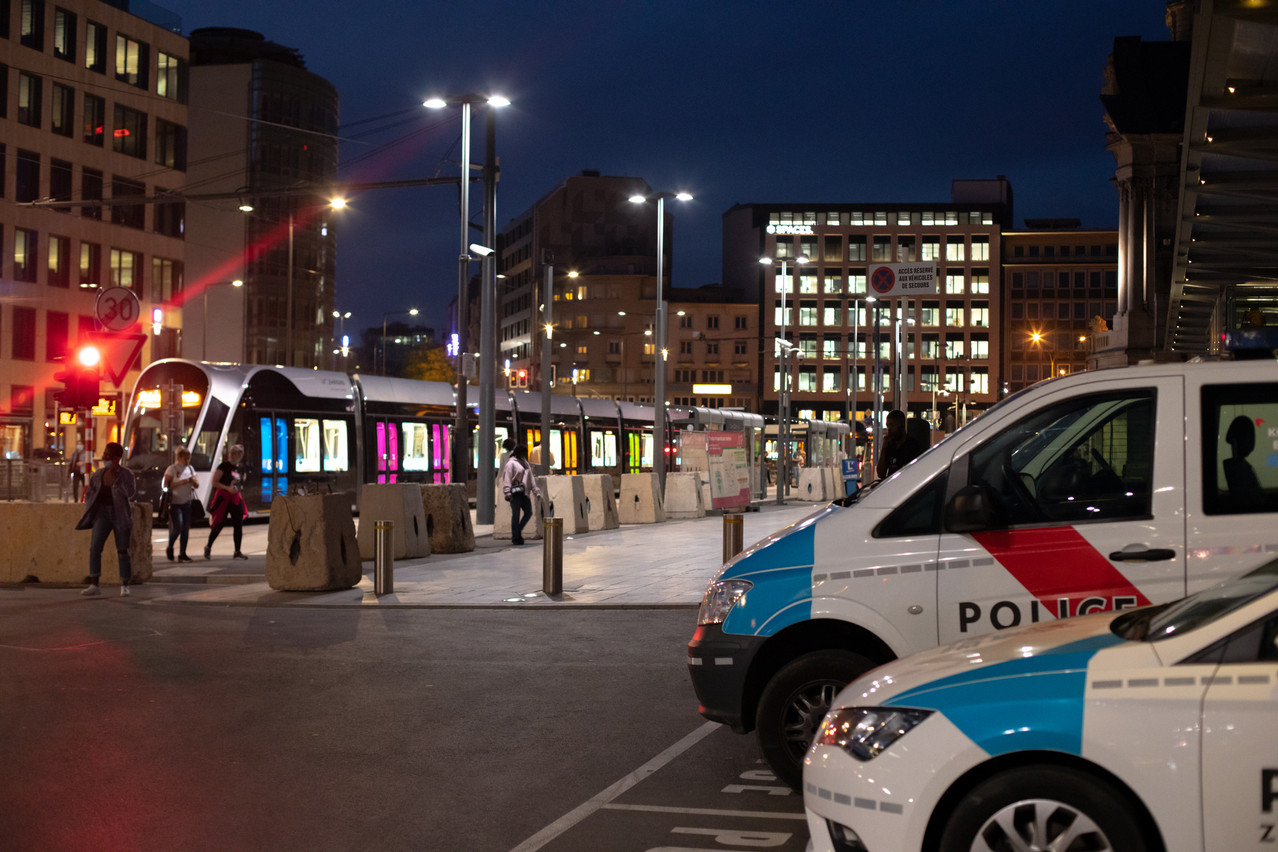The government in November last year submitted a draft law to parliament, which would give police the authority to remove individuals who are, for example, sleeping in the doorways of homes and shops, hindering other people from accessing the premises. Currently, the police’s hands are largely tied if there is no disturbance or offence committed.
If necessary, the draft law authorises police to use force to remove the individual in question, requiring the officer to file a report about the circumstances of the event, which is submitted to the ministry and the mayor’s office.
But for the CSV this isn’t going far enough. The law currently specifies that people must be blocking the entrance or exit to a building for police to be able to remove them, with the party saying that officers should also be authorised to remove people from indoor areas of a private building.
In case officers are called to the same place multiple times, police should be able to take the person in question to the station, the Christian democrat opposition party said, as the law risks the person simply returning to their spot once authorities leave the scene.
“This is not a solution for us,” said Stéphanie Empain (déi Gréng), the project’s rapporteur. The party has long pushed for projects to tackle the root causes of homelessness and the security issues around the train station. At local level, it had opposed the use of private security agents in the Gare district.
And while general law enforcement will be allowed to remove people from the outside of buildings under the new law, Empain said that taking action inside of private premises would involve the criminal police department and require a new draft law. “We have a completely different vision,” Empain said.
Private security firms
Since the draft law has a majority from the government parties--the DP, LSAP and déi Gréng--it doesn’t need the CSV’s support to come into force. A vote is foreseen before parliament breaks for the summer mid-July.
Already in its current form, however, it has faced objection. A human rights committee had criticised the plans for infringing on the rights of the homeless, saying the so-called “Platzverweis” would further stigmatise and marginalise them.
While this is not specified in the law, the government said that police would collaborate with social workers when removing a person from public or private premises to help them find shelter somewhere else.
Luxembourg City mayor in an interview with RTL in June had said that families in some districts of the capital must climb over people and drugs paraphernalia to access their homes. “I hope everyone understands that this is a no-go,” she said.
The city has set up the “A vos cotés” service, which provides support for homeless people and drug users in the Gare and Bonnevoie districts and will also be dispatched to the city centre in the future.
This came after the city didn’t renew a contract with a private security firm to help ensure safety in the area. Pressure had mounted against the firm after a person was by a guard dog handled by an agent.
But Polfer said in June that the city would call on a private security firm to monitor several “hot spots” in the upper part of town, for example near the pirate boat playground on Avenue de la Gare or the Royal Hamilius square.
In addition to the new rules for police officers, the government has submitted a law to private security firms and to give , including the “Platzverweis”.
(Additional reporting by Pierre Pailler)
